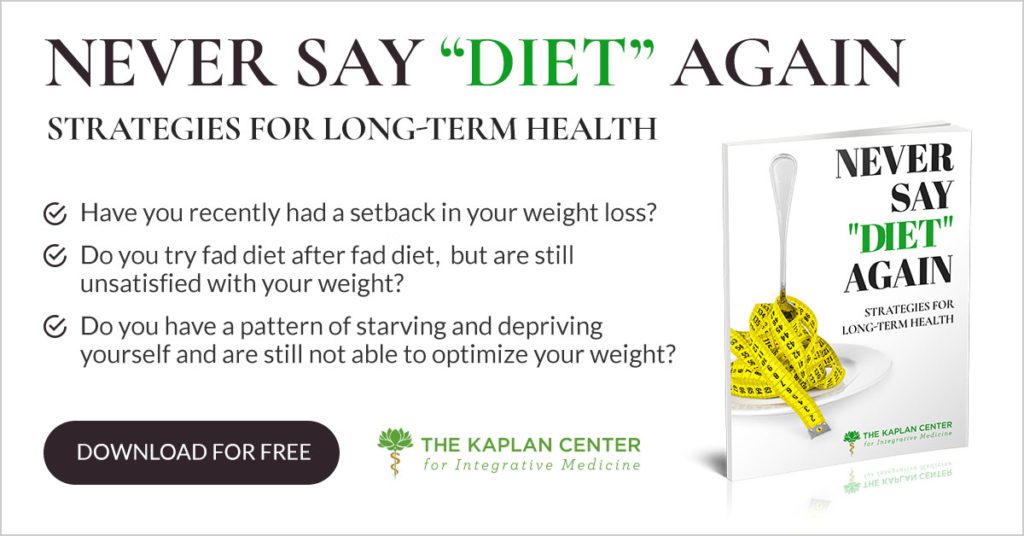Beating Burnout, A Nutritionist’s Perspective
Life can be difficult to manage on a daily basis for many people. Between never-ending tasks, work responsibilities, and family obligations, trying to then get—and stay— healthy all at the same time can be a lot. It IS a lot! If we are not careful to balance our lives in a healthy manner, we will end up overloaded, overworked, and over-stimulated—all of which can lead to burnout.
Burnout is not just about doing too much in our lives, it is also about being depleted emotionally, mentally, and physically. When stress levels increase, nutrients are depleted, and if we do not work hard to replenish those nutrients our bodies will stay in a constant state of fight or flight.
What is burnout?
Merriam-Webster defines burnout as “exhaustion of physical or emotional strength or motivation usually as a result of prolonged stress or frustration”.
Depression vs Burnout
There are currently debates on whether depression and burnout are the same. While they are both similar and their symptoms overlap, they are not the same.
When you look at what they have in common, research shows that there are strong similarities in loss of energy, emotional exhaustion, impaired concentration, and low motivation.
There are shared risk factors such as poor recovery (sleep, rest), and chronic stress linked to high job/home life demands and prolonged adversity.
Finally, depression and burnout are similar in a lower quality of life, getting sick frequently, and poor occupational functioning for those who are affected.
How do they differ?
Studies also show the key differences between depression and burnout. Burnout is primarily job-related, whereas depression can be due to a broader range of factors such as work, social life, or home life.
Clinical cases of depression also showpersistent (pervasive) low mood, suicidal ideations (in severe cases), and anhedonia (lack of pleasure). On the other hand, while burnout may present with depressive features, it is largely improved with a change of environment.
Lastly, people who have depression tend to withdraw socially. Whereas people experiencing burnout are not typically socially withdrawn.
The biggest takeaway? While the causes of depression and burnout differ, burnout can lead to clinical depression.
How do I know which one I have?
If you are feeling overwhelmed on a day to day basis, the most important thing to remember is that you are not alone and there are many options to help you manage. Don’t delay talking to your medical provider so they can help assess your situation and discuss what steps you need to take to lighten the load you are carrying.
What nutrients should I be concerned about?
Refueling the body is important when it comes to burnout. Below are nutrients that can help make a difference.
- Magnesium – Stress depletes magnesium quickly and can leave you feeling exhausted, tense, and restless. Foods such as black beans, dark chocolate, pumpkin seeds, almonds, and spinach should be added into your diet/lifestyle.
- Vitamin D – Most adults are already low in vitamin D. Low levels can lower your mood, contribute to poor immune health, and worsen fatigue. You can find vitamin D in salmon, fortified plant milks, and in sunlight.
- Zinc – Zinc aids the body in handling stress and supporting immunity. Zinc can be found in beef, chickpeas, cashews, oysters, and pumpkin seeds.
- Omega-3 Fatty Acids – Omegas are used for many things in the body, but it is also used for mental clarity. The healthy fats help to support the brain and calm inflammation. It helps with keeping emotions steady, focus, and memory. Omegas are found in salmon, chia seeds, walnuts, flaxseeds and sardines.
- Protein – Protein helps with focus and stability. It helps to balance out blood sugar, helps to stabilize energy needs throughout the day and builds neurotransmitters. Healthier forms of protein can be found in chicken, legumes, eggs, fish, and some plant based protein powders.
- Iron – If iron is depleted in the body it can lead to exhaustion and weakness even when you are getting enough rest. When there is not enough iron in the body it can also mean that oxygen is not being delivered throughout the body as well. Iron can be found in pumpkin seeds, beef, spinach, lentils and tofu. It should also be paired with vitamin C for better absorption.
Lastly, hydration is key! Fatigue can also be due to the body becoming dehydrated. Increasing water intake is imperative. If water does not seem to do the trick, having IV hydration is also an option that can be done outpatient or in offices such as The Kaplan Center.
If you would like to have a conversation with our Nutritionist and one of our amazing doctors to see how we can help to bring balance to your life, please call 703-532-4892 for an appointment or use this contact form to send us a message.
We are here for you, and we want to help.
Our goal is to return you to optimal health as soon as possible. To schedule an appointment please call: 703-532-4892 x2
References:
Tavella, G., Hadzi-Pavlovic, D., Bayes, A., Jebejian, A., Manicavasagar, V., Walker, P., & Parker, G. (2023). Burnout and depression: Points of convergence and divergence. Journal of Affective Disorders, 339, 561–570. https://doi.org/10.1016/j.jad.2023.07.095










